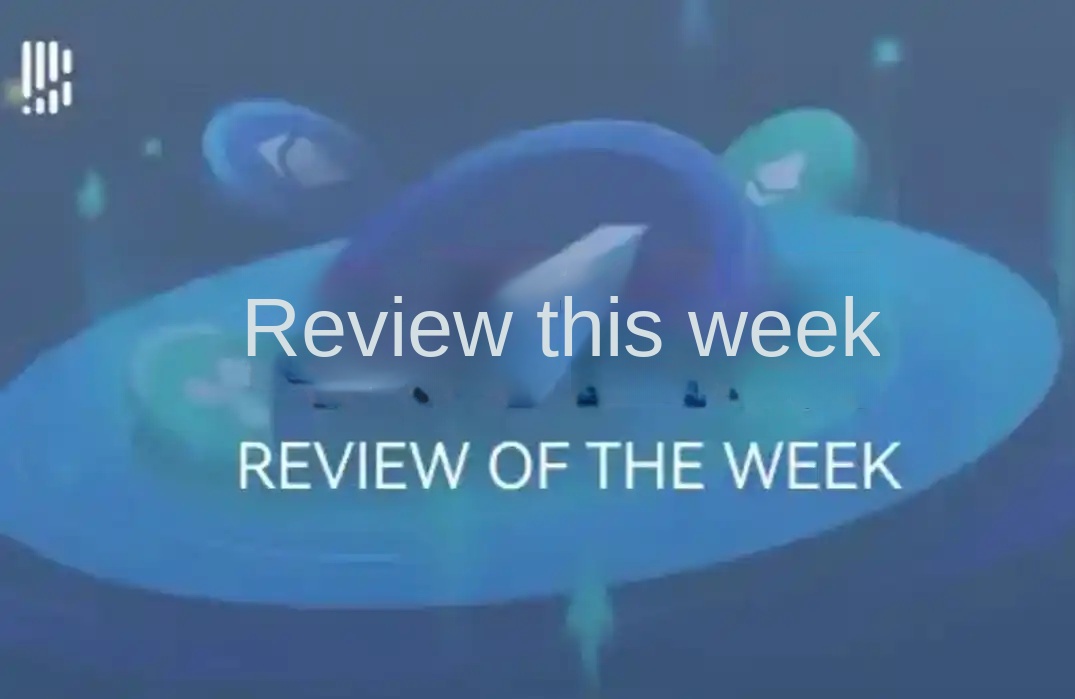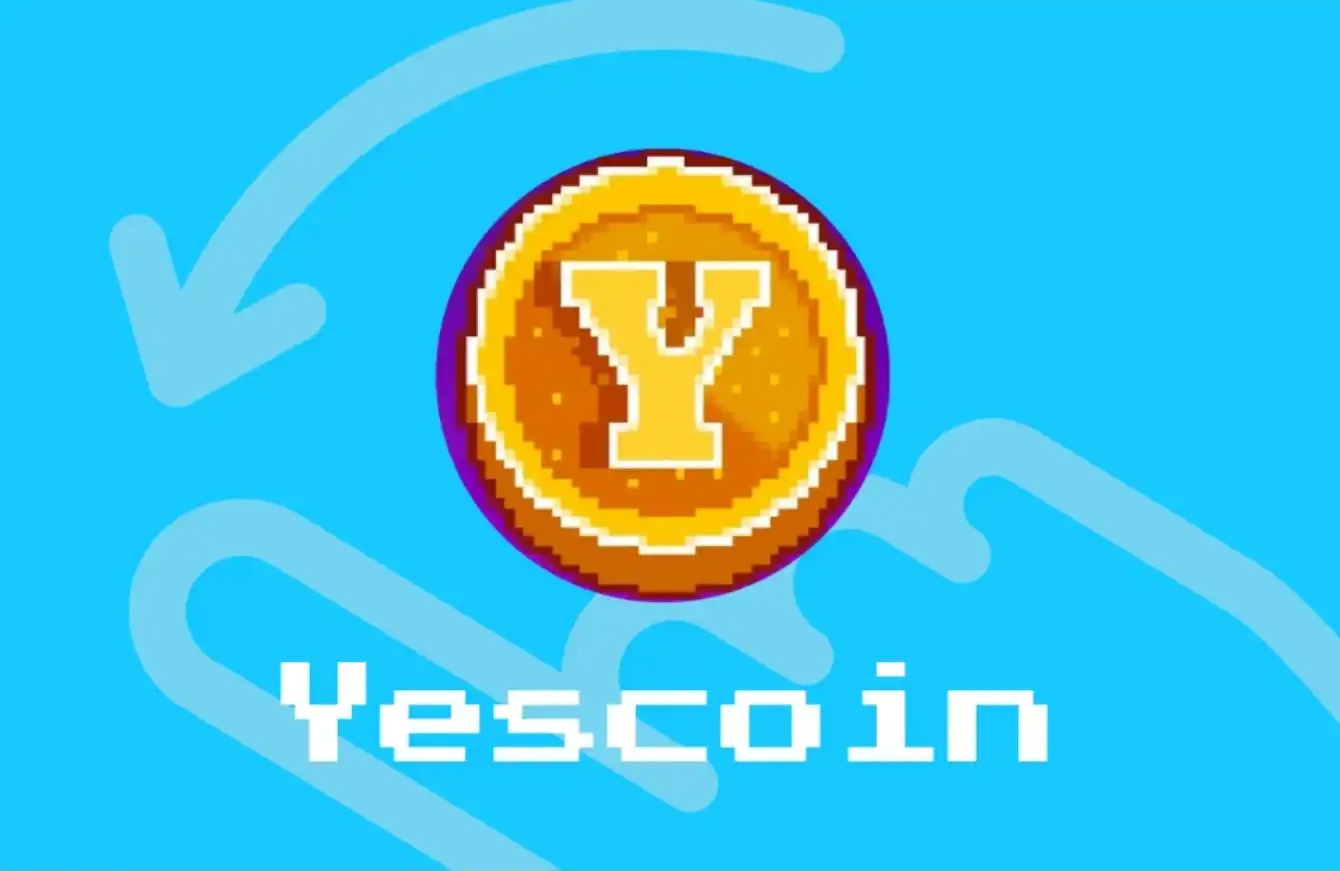BIO is now live on Binance Launchpool, an article that comprehensively reviews the ecosystem's potential target assets
On December 23, Binance announced that Binance Launchpool will launch its 63rd project, BIO Protocol (BIO), and trading pairs such as BIO/USDT and BIO/BNB will be open starting on January 3, 2025. According to the Binance announcement, BIO Protocol's total initial token supply is 3,320,000,000 tokens, with an initial circulating supply at Binance listing of 1,296,529,168 tokens, accounting for approximately 39.05% of the total token supply. Of this, 56% of BIO tokens will be allocated to the ecosystem and community, 25.4% to early contributors, and 18.6% to early supporters.
Since Binance Labs announced its investment in BIO Protocol, the DeSci market has once again heated up, with related concept tokens such as VITA, GROW, and RSC experiencing significant price increases. Following the news of the Binance Launchpool, recently popular DeFi meme coins also surged rapidly, with RIF rising over 40% in a short period, URO rising over 35% in a short time, and DRUGS surging over 150%. In addition, "established" DeFi projects like VITA and RSC also began to see market activity.
In this article, BlockBeats comprehensively reviews the current BIO ecosystem and potential targets related to the DeFi concept, ranging from DAOs to NFTs and meme coins, showing that the DeFi field is not lacking in speculative opportunities.
BIO Ecosystem DeFi DAO
BIO is a biological DAO network, where each biological DAO focuses on developing research and products in specific scientific fields. Currently, the BIO network consists of eight different scientific communities that focus on longevity, women's health, neurodegenerative diseases, synthetic biology, and other areas. This article will not delve further into the background and mechanism of the BIO Protocol.
Related Reading: "Decoding BIO Protocol: Listed on Binance; Becomes the "On-Chain Scientific Y Combinator" recognized by CZ and Vitalik"
Initial DeFi DAO
The Initial DeFi DAOs were established before BIO Protocol separated from Molecule and currently consist of 7 DAOs. After the establishment of the BIO Protocol, these DAO organizations were first incorporated into the BIO network. During the previous BIO Genesis Event, users also had to exchange tokens from these DAO organizations for BIO tokens, making these DAO tokens part of the assets of the BIO network.

VitaDAO: Secured over $5 million in funding in the field of longevity science, is a decentralized scientific organization supported by Pfizer's venture arm and Balaji Srinivasan, in partnership with Newcastle University. Notably, VitaDAO is the "DAO of DAOs," being the first DeSci DAO of the DeSci progenitor and mother of the BIO Protocol, Molecule, focused on longevity research. The current BIO Protocol Association was also founded by key members of VitaDAO, as a Swiss nonprofit.
HairDAO: Targeting hair loss; the DAO owns patents and consumer product Follicool.
CerebrumDAO: Promoting brain health, raised over $1.5 million, reached an agreement with Fission Pharma to address mitochondrial dysfunction in neurodegenerative diseases.
ValleyDAO: Focused on synthetic biology, raised over $2 million, and partnered with Imperial College London.
AthenaDAO: Advancing women's health research, provided $500,000 for translational research, with 14 pending IP transactions.
CryoDAO: Advancing cryonics, raised over $3 million, partnering with Oxford Cryonics and Advanced Neurobiology.
PsyDAO: Specializing in psychedelic substances, launched a new platform OPSY utilizing psychedelic drug trials and data.
First Batch of Launchpad DAOs
BIO Protocol recently announced the first batch of Launchpad DAOs post-launch, which bid for launch through the BIO platform's Launchpad mechanism. Among these, the first DAO to undergo token bidding was Quantum Biology DAO, with the bidding event concluding on December 17th, witnessing fervent bidding where the starting price surged to over 10 times the original listing.

Long COVID Labs: Accelerating the recovery of over 100 million Long COVID patients. Founded by Rohan Dixit, a former Stanford neuroscientist, healthcare entrepreneur, and Long COVID survivor.
Quantum Biology DAO: Creating a quantum microscope to advance biological research. Founded by Clarice D. Aiello (Ph.D. from MIT, a world-leading quantum biologist) and Geoff Anders (Executive Director at Leverage Research).
Curetopia (Rare Diseases): Addressing the rare disease space valued at over $10,000 by uniting families and patient communities. Founded by Ethan Perlstein, a Ph.D. from Harvard University, entrepreneur, and Y-Combinator alumnus.
BIO Meme & AI DAO
In addition to serious research DAO organizations, the BIO team and community have also conducted intriguing DeSci experiments outside of DeSci DAO and successfully attracted significant attention to the DeSci field.
RIF/URO
Pump.Science is a meme issuance platform launched by BIO Protocol at this year's Token 2049 Solana Breakpoint conference, where players can purchase meme tokens representing drugs, participate in predicting the effects of drugs, and trading experimental data. The post-DEVCON Bangkok surge of RIF/URO also served as a direct catalyst for the DeSci field, long considered a pump-and-dump leader in the market.
Related Readings:
《DeSci Leader Also Stirring Up Trouble, Can Pump.science Handle "Biological Science Meme" Well?》
《Biological Experiment Memes Grow One Thousandfold in a Week, Hot Money Flocking into DeSci》

DRUGS
DRUGS (Big Pharma) also known as "Little BIO," is the "brainchild" of the BIO Protocol ecosystem. DRUGS aims to disrupt the monopoly business model of traditional large medical drug companies. Since its inception, the project has received widespread support from the BIO ecosystem, including Pump Science, other BIO-related DeSci DAOs, and BIO co-founder Paul himself.
Related Read: "DRUGS' 500x Wealth Creation Myth, Triggering daos.fun New Listing Craze"

GIRLE/BABY
GIRLE and BABY are AI DAO and meme tokens issued by AthenaDAO in the BIO ecosystem on the Solana DAOs.fun platform and the Base chain, respectively, both supporting scientific research in the field of female reproduction.

Specifically, GIRLE aims to empower the future of reproduction through tokens using AI and Web3. The team is currently conducting experiments related to peptide cell repair, testing the impact of peptides on cells, and is about to launch related experimental tokens. The DAO treasury's other token holdings can also be seen on its official website.

BIO Ecosystem IPT
IPT is a knowledge token pioneered by the Molecule Catalyst platform, representing partial governance rights over generated research IP. These tokens give holders the opportunity to directly participate in research development, decision-making, and future directions. Each BioDAO typically holds an IP token combination representing intellectual property related to a specific scientific research area of the BioDAO. Currently, the most recognized IPTs are VitaRNA and VITA-FAST owned and developed by VitaDAO.

IPT VitaRNA & VITA-FAST
VitaRNA is Artan Bio's IPT, which is a gene therapy project that raised over $300,000. Artan Bio is exploring the promising field of gene therapy aimed at addressing genetic factors associated with aging. The company's approach is to develop therapeutic candidates that could potentially suppress mutations that lead to aging. Artan Bio is led by two entrepreneurs who have previously advanced a drug development platform into human clinical trials.
VITA-FAST, on the other hand, is IPT from Viktor Korolchuk's lab, also successfully raising over $300,000. VITA-FAST focuses on the research of drugs that enhance autophagy, a natural "garbage disposal" present in our body's cells that can eliminate unnecessary protein buildup.

OVARIA
OVARIA is an IPT launched by AthenaDAO in collaboration with Gero. Gero is a biotech company utilizing artificial intelligence for target and drug discovery. AthenaDAO partners with Gero to fundamentally alter the treatment landscape of ovarian aging, offering therapeutic potential in a currently limited field. AthenaDAO will use their platform to identify up to 10 new targets for ovarian aging, with the results of these studies expected to delay menopause and reduce its health-related consequences.

Competitors & Related Memes
In addition to the BIO series-related targets, the ecosystem's heat has also expanded to other areas of DeSci.
RSC
The Research Hub is a DeSci project founded by Coinbase CEO Brian Armstrong, with a mission to accelerate the pace of scientific research. By creating modern mobile and web applications, people can engage in scientific research more efficiently.
Within the ResearchHub platform, research papers are stored and grouped by research area in "centers." Personal centers essentially serve as on-site journals within key areas, with posts that have high voting rates (i.e., papers and their relevant abstracts and discussions) moved to the top of each center.

Scihub
Scihub is inspired by the world's largest free paper download center, Sci-Hub, which faces legal issues due to its open nature and relies solely on donations to operate. 0xAA (@0xAA_Science) is the top holder of the token, currently owning 22% of the total supply. They have stated that they will donate 20% of the tokens to SciHub's operators as a show of support for their cause and platform development.

Currently, BIO Protocol has released its 2025 roadmap, which includes:
The BIO token will undergo a TGE on the Ethereum mainnet on January 3rd;
The BIO token will be listed on the Solana and Base networks;
The new BioDAO will be launched;
The BIO/BioDAO liquidity pool will be created;
The new BIO Launchpad will be officially launched.
With the BIO token being listed on Binance, the DeSci field may be on the brink of another wave of excitement.

Welcome to join the official BlockBeats community:
Telegram Subscription Group: https://t.me/theblockbeats
Telegram Discussion Group: https://t.me/BlockBeats_App
Official Twitter Account: https://twitter.com/BlockBeatsAsia
 Forum
Forum OPRR
OPRR Finance
Finance
 Specials
Specials
 On-chain Eco
On-chain Eco
 Entry
Entry
 Podcasts
Podcasts
 Data
Data


 Summarized by AI
Summarized by AI







